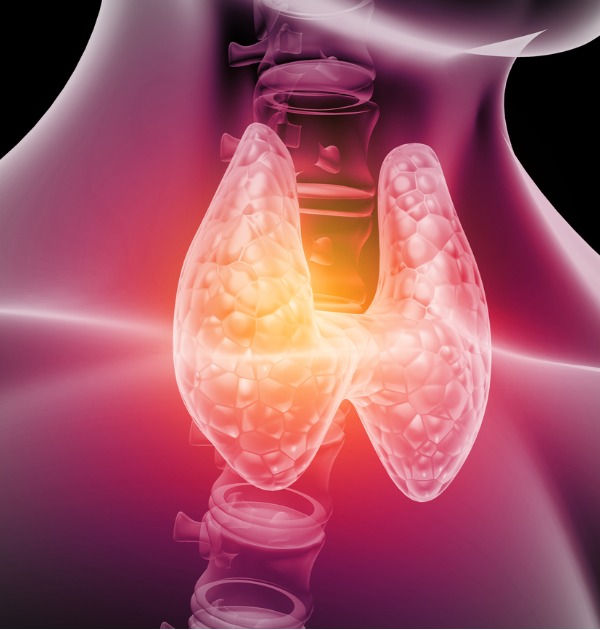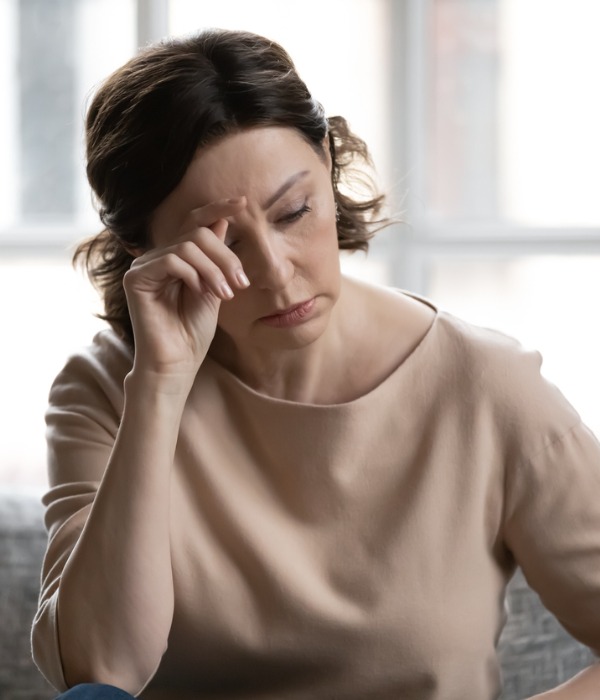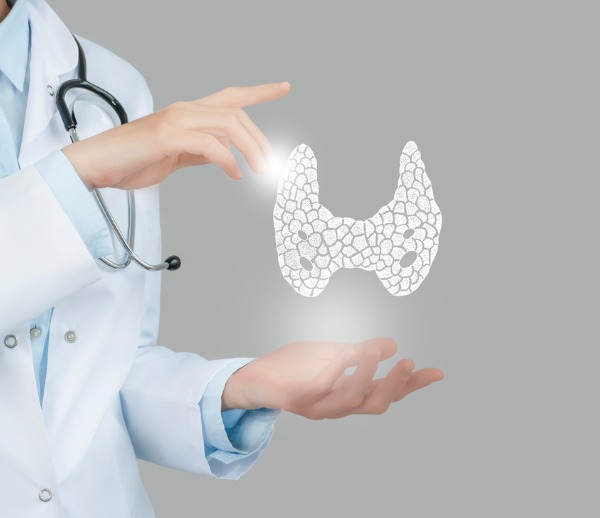Endocrinology
- Definition: Endocrinology is the medical specialty which deals with study of the normal production of hormones as well as their disturbances.
- Hormones are crucial for day to day functions such as sleep, growth, sugar regulation, alertness level, mood regulation, temperature regulation and more.
- Endocrinologists are doctors who treat diseases that are related to hormonal problems. They can diagnose as well as treat conditions such as thyroid diseases, diabetes, growth issues, infertility, osteoporosis, certain cancers, disorders in hormone producing glands such as pituitary and adrenal glands.



